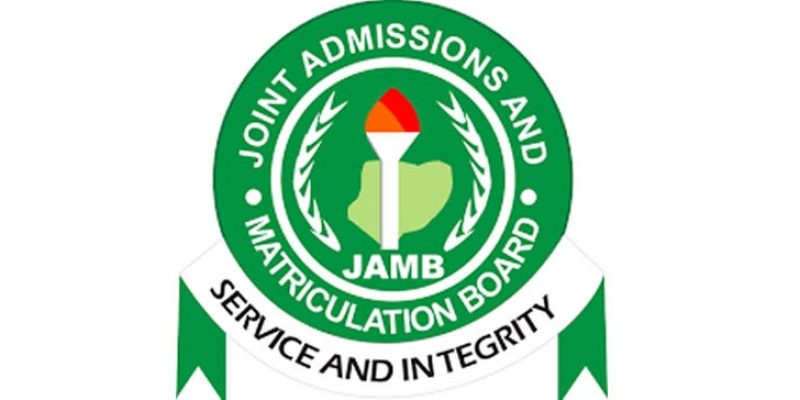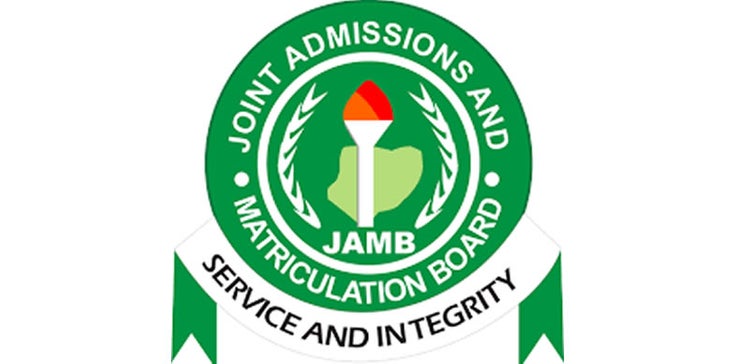INTRODUCTION
The JAMB Syllabus is a comprehensive listing of topics from which questions would be set on all subject areas. The syllabus has been specifically designed to guide candidates to adequately prepare for the examination.
Below is the JAMB 2022 Syllabus for Government;
CONTENT
PART 1: ELEMENTS OF GOVERNMENT:
1. Basic Concepts in Government:
- Power, Right, Legitimacy, Authority, SovereigntySovereignty is a political concept that refers to dominant power or supreme authority. In a monarchy, supreme power resides in the "sovereign", or king. In modern democracies, sovereign power rests with... More:
- SocietyThe term society is derived from the Latin word 'socius' meaning friendship or companionship. Society is a community, nation or group of people who share the same traditions, institutions, rules and... More, State, Nation, Nation-State;
- Political Processes Political Socialization, Political Participation, Political Culture.
2. Forms of Government: Monarchy, Aristocracy, Oligarchy, Autocracy, Republic, Democracy definitions, features, merits and demerits.
3. Arms of GovernmentThe 3 branches of government are executive, judicial, and legislative. Executive The executive is the organ that implements the laws enacted by the legislature and enforces the will of the state.... More:
- The LegislatureThe legislative branch of government is responsible for making laws within a country. Legislatures are made up of people called legislators who, in democracies, are elected by the country’s population More – types, structure, functions, powers;
- The ExecutiveThe executive, also referred to as the executive branch or executive power, is the term commonly used to describe that part of government which enforces the law and has overall responsibility... More – types and functions, powers;
- The JudiciaryThe judicial branch of government refers to a country’s court system. Judiciaries are responsible for interpreting and applying a country’s laws in particular cases, and can also be invested with the... More – functions, powers, components.
4. Structures of Governance: Unitary, Federal, Confederal-features, reasons for adoption, merits and demerits.
5. Systems of Governance: Presidential, Parliamentary and Monarchical.
6. Political Ideologies: Communalism, Feudalism, Capitalism, Socialism, Fascism, Communism
7. ConstitutionA constitution is a set of fundamental rules that determine how a country or state is run. More Written, Unwritten, Rigid and Flexible.
8. Principles of Democratic Government: Ethics and Accountability in Public Office, Separation of PowerThis refers to the division of a democratic government into different arms of government, i.e the Legislature, Executive, and Judiciary, each to perform their administrative duties and responsibilities without undue infringement... More/Checks and Balances, Individual and Collective Responsibility, Constitutionalism, Rule of Law.
9. Processes of Legislation: Legislative Enactment – acts, edictsIn Nigeria, the military rules the people through decrees and edicts. Laws passed by the central government during military regimes are known as decrees while those passed by regional governments during... More, delegated legislation, decreesA decree is an official order given by a government or by a person with power. For example, the president can issue a decree making a particular day a national holiday.... More.
10. Citizenship:
- Meaning, types
- Citizenship rights;
- Duties and obligations of citizens.
11. The Electoral Process: Franchise, Election, Electoral System, Electoral Commission.
12. Party Systems:
- Definition, function, and types
- Political parties – Definition, Organization, functions.
13. Pressure Groups: Definition, Types, functions, and modes of operation.
14. Public Opinion: Meaning, functions, and measurement.
15. The Civil Service: Definition, characteristics, functions, structure, control, and problems.
PART II: POLITICAL DEVELOPMENT IN NIGERIA:
1. Pre-colonial Polities: Sarauta, Emirate, Tiv, Igbo, Yoruba – structure/system of governance
2. Imperialist Penetration:
- The British process of acquisition – trade, missionary activities, company rule, crown colony, protectorateA protectorate is a state or country that's protected by a larger, stronger one. Protectorate is another word for “protected state.” A country defends its protectorate, but it doesn't own it,... More;
- The British colonial administrative policy – direct and indirect rule;
- Impact of British colonial rule economic, political, socio-cultural;
- Comparison of British and French colonial administration.
3. Process of Decolonization
- Nationalist Movements – meaning, emergence, goals, strategies, nationalist leaders – Herbert Macaulay, Nnamdi Azikiwe, Obafemi Awolowo, Ahmadu Bello, and others; the emergence of nationalist parties.
- Influence of External factors;
- Constitutional development – theClifford (1922), Richards (1946), Macpherson (1951), Lyttelton (1954) and Independence (1960) Constitutions.
4. Post – Independence Constitutions 1963, 1979, 1989 and 1999 – characteristics and shortcomings
5. Institutions of Government in the Post – Independence period; The Legislature, the Executive and the Judiciary – structure, functions, and workings
6. Public Commissions Established by the 1979 and Subsequent Constitutions: The Civil Service Commission, the Public
Complaints Commission, Electoral Commissions, and others – objectives and functions.
7. Political Parties in the PostIndependence Period: Political parties, party politics – First, Second, Third, and Fourth Republics.
8. The Structure and Workings of Nigerian Federalism:
- The rationale for a Federal System
- Tiers of government and their relationship
- Creation of States – 1963, 1967, 1976, 1987, 1991, 1996;
- Problems of Nigerian Federalism – census, revenue allocationIn Nigeria, revenue allocation refers to the practice where the federal government shares a part of the revenue it generates with state and local governments. The present vertical Revenue Allocation Formula... More, conflicts, etc. solutions e.g. Federal character, etc.
9. Public Corporations and ParastatalsParastatal is used to describe a company or organization which is owned by a country's government and often has some political power More
- Definition, Types, purpose, and functions
- Finance, control, and problems;
- Deregulation, privatization – objectives, features, merits, and demerits;
- Comparison between public corporations and parastatals.
10. Local Government:
- Local government administration prior to 1976;
- Features of local government reforms (1976, 1989) – structure, functions, finance and intergovernmental relations;
- Traditional rulers and local governments.
11. The Military in Nigerian Politics
- factors that led to military intervention;
- structure of military regimes;
- impact of military rule – political, e.g creation etc. economic, e.g SAP, etc.
- processes of military disengagement.
PART III: NIGERIA AND THE INTERNATIONAL COMMUNITY:
1. Foreign Policy:
- Definition, purpose, determining factors;
- Nigerian foreign policy;
i. Relations with major powers;
ii. Relations with developing countries.
2. Relations with African Countries:
- Africa as “centre piece” – guiding principles, implementation and implications;
- NEPAD – origin, objectives and implications.
3. Nigeria in International Organizations
- The United Nations;
- The Commonwealth;
- The Organization of African Unity;
- The African Union;
- The Economic Community of West African States (ECOWAS);
- The Organization of Petroleum Exporting Countries (OPEC).
PART IV: INTERNATIONAL ORGANIZATIONS:
1. International Organizations:
- ECOWAS;
- OAU, AU;
- Commonwealth;
- UNO;
- OPEC;
– Origin, objectives, structure, functions, achievements, problems and prospects of these organizations.
JAMB 2022 Government Syllabus Recommended Textbooks
- Adigwe, F (1985). Essentials of Government for West Africa, Ibadan: University Press Plc.
- Anifowose, R and Enemuo, F. C (eds)(1999). Elements of Politics, Lagos; Malthouse Press Limited.
- Appadorai, A. (1978). The Substance of Politics, London: Oxford University Press.
- Ball, A. R. (1983). Modern Politics and Government, London: macmillan.
- Ikein, A. A. (1990). The Impact of Oil on a Developing Country, The Case of Nigeria, Ibadan; Evans.
- Ofoegbu, R. (1977). Government for the Certificate Year, London: George Allen and Unwin.
- Ojiako, J. O. (1981). Nigeria Yesterday, Today and _______ ? Onitsha: Africana Educational Publishers (Nig.) Ltd.





Responses